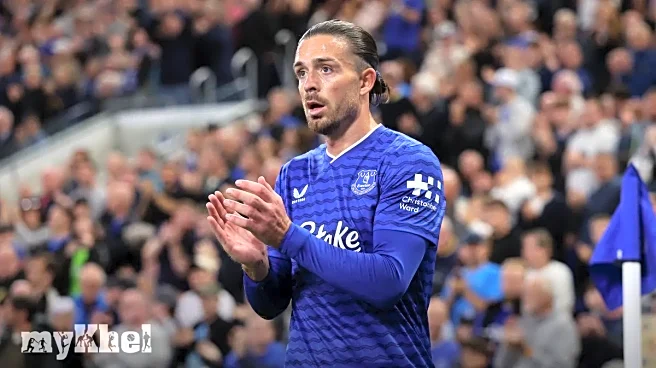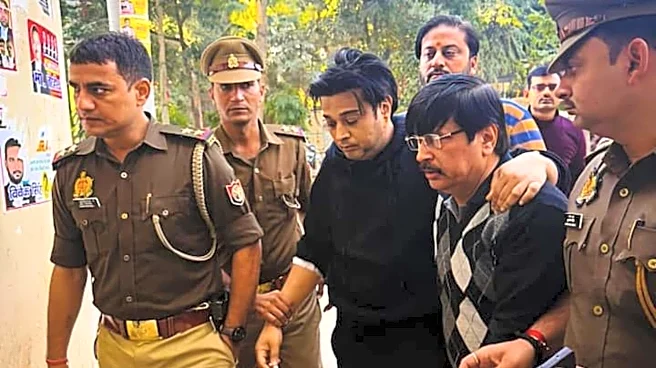Jack Grealish's decision to join Everton on loan was driven by a desire to silence his critics, according to Everton's chief executive, Angus Kinnear. Grealish moved from Manchester City for the season,
seeking a fresh start after limited opportunities under Pep Guardiola. Despite being left out of Thomas Tuchel's recent England squad, Grealish has excelled at Everton, providing four assists in four Premier League matches.
Grealish's immediate impact is evident as he has contributed more assists than any other player in the 2025-26 season so far. Only Dwight McNeil has surpassed him in assists for Everton since last season. Additionally, Grealish and his teammate Iliman Ndiaye have completed eight take-ons each, ranking them among the top performers in this category. His nine chances created from open play are only exceeded by Bruno Fernandes of Manchester United.
Kinnear emphasised that Grealish's recruitment was based on footballing reasons rather than commercial benefits like ticket or shirt sales. The club aimed to bring back the Aston Villa version of Grealish from four years ago, ensuring he was ready both physically and mentally. The key factor in securing his loan was manager David Moyes' conversation with Grealish.
Moyes' approach involved challenging new players by starting them on the bench and requiring them to prove themselves. This appealed to Grealish, who had easier options but wanted to prove doubters wrong. Kinnear noted that while Moyes doesn't typically sell players on joining the club, his straightforward approach resonated with Grealish.
In July, Jarrad Branthwaite signed a new contract with Everton until 2030, despite interest from several Champions League clubs. Kinnear disclosed that selling Branthwaite was never considered, even though it could have been financially beneficial for a club with new ownership. Instead, Everton prioritised building their team around him.
Kinnear explained that retaining Branthwaite sent a strong message of intent to both current squad members and potential signings like Kiernan Dewsbury-Hall and Jack Grealish later in the transfer window. This decision demonstrated Everton's commitment to changing direction and moving upwards in their trajectory.
The level of business conducted by Everton resembled that of a newly promoted club, according to Kinnear. He acknowledged the challenges faced but credited strong backing from ownership for supporting their decisions. Keeping Branthwaite was seen as crucial for maintaining stability and ambition within the squad.
Overall, these strategic moves highlight Everton's focus on strengthening their team while fostering an environment where players like Grealish can thrive and prove themselves anew.


/images/ppid_59c68470-image-177087266276729031.webp)

/images/ppid_59c68470-image-177087262652841.webp)
/images/ppid_59c68470-image-177087259429213293.webp)
/images/ppid_59c68470-image-177087255900918262.webp)
/images/ppid_59c68470-image-177087252723963095.webp)
/images/ppid_59c68470-image-17708725466897211.webp)



/images/ppid_59c68470-image-17708725346551941.webp)